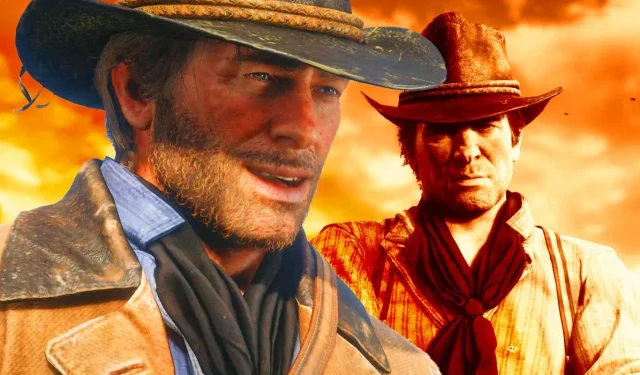
The Old West has long captured the fascination of audiences across various media, but the last significant video game to deeply immerse players in this frontier world was Red Dead Redemption 2, released in 2018. This critically acclaimed open-world game epitomized the Western genre, weaving together traditional elements such as marshals pursuing outlaws, audacious train heists, and thrilling shoot-outs in lively saloons. Interestingly, rather than inspiring a wave of similar titles, the game’s remarkable success appears to have deterred developers from exploring the Western theme, potentially allowing space for a sequel to emerge without direct competition.
While Red Dead Redemption 2 isn’t the sole game set in the Old West, it stands out as the only one that fully embraces the genre without incorporating supernatural or horror elements. Other games have featured cowboy characters and Western settings, but these often come with additional fantastical components such as zombies or monsters, making the traditional Western portrayal somewhat diluted. This trend indicates a reluctance among game developers to fully engage with the Western genre despite RDR2 proving its potential for critical and commercial success.
RDR2 Demonstrated the Viability of Westerns in Gaming
A Definitive Representation of the Old West
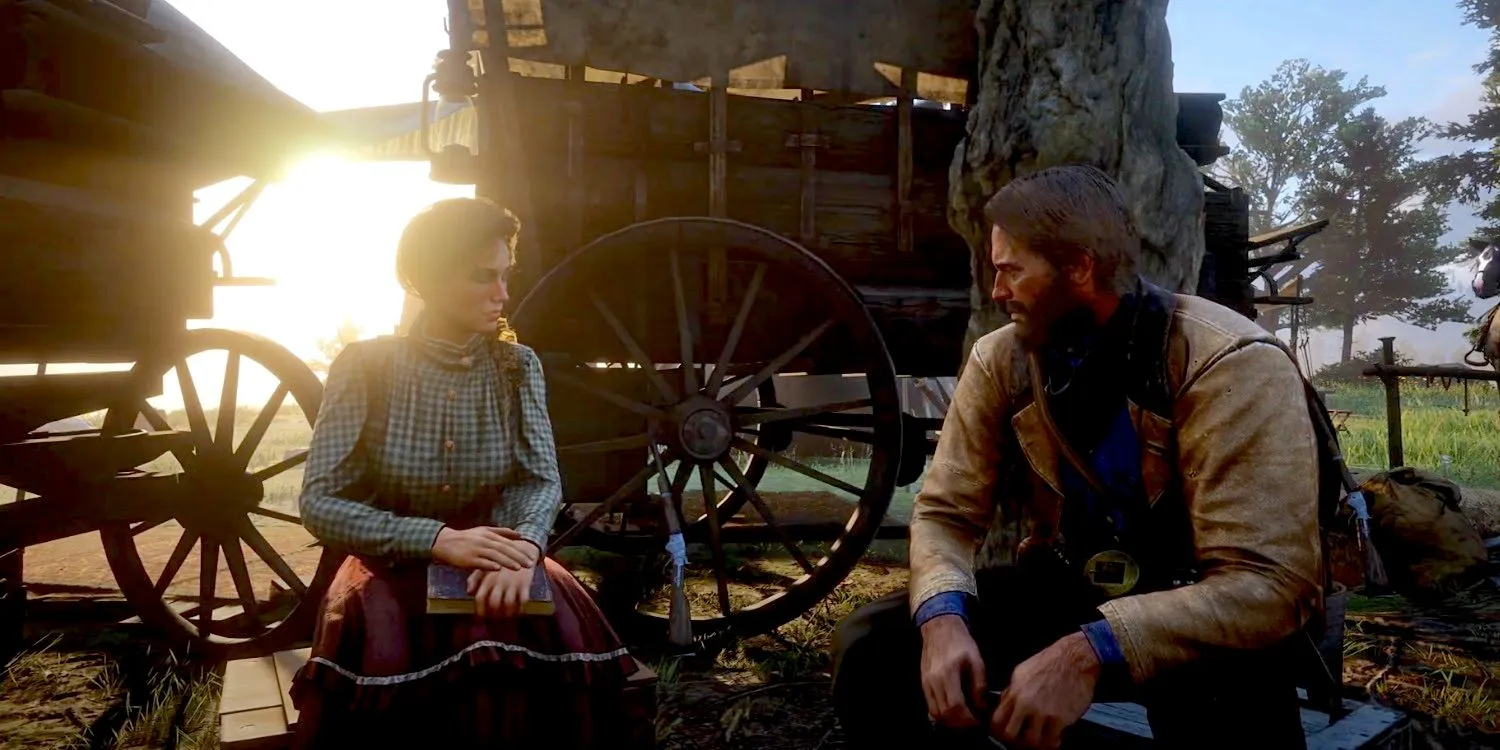
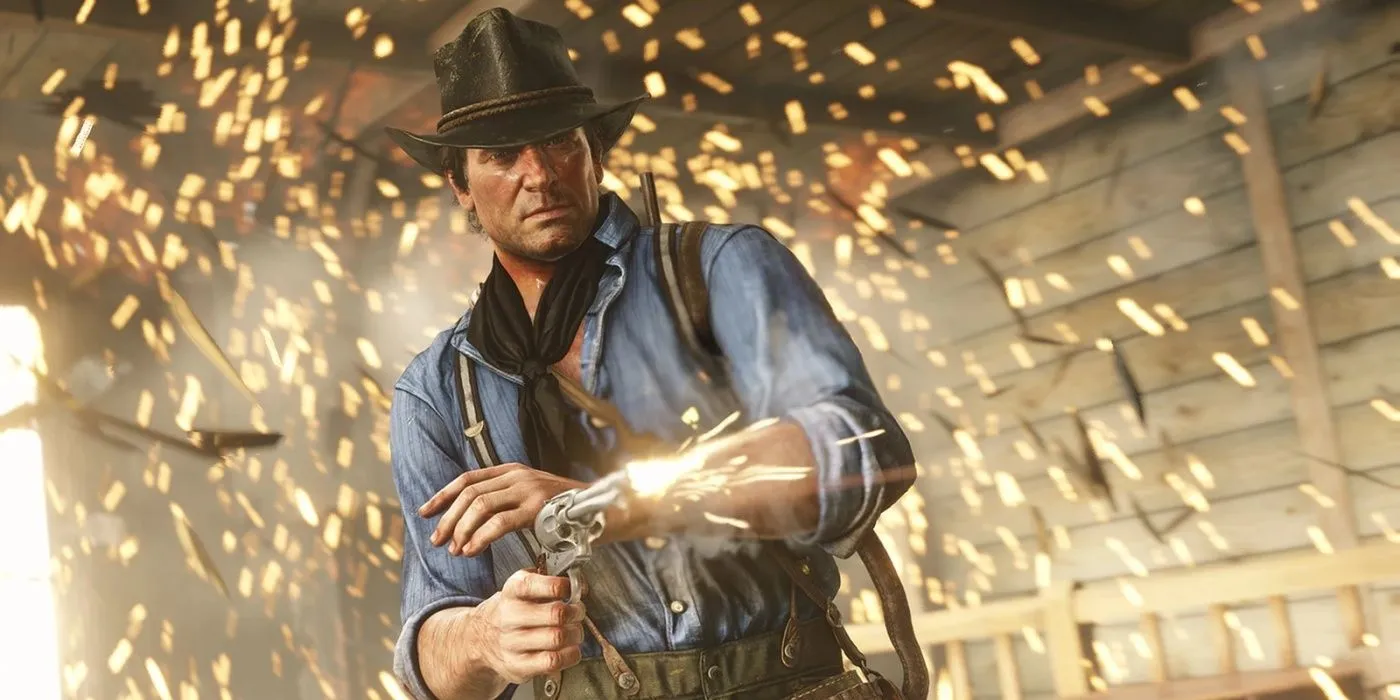
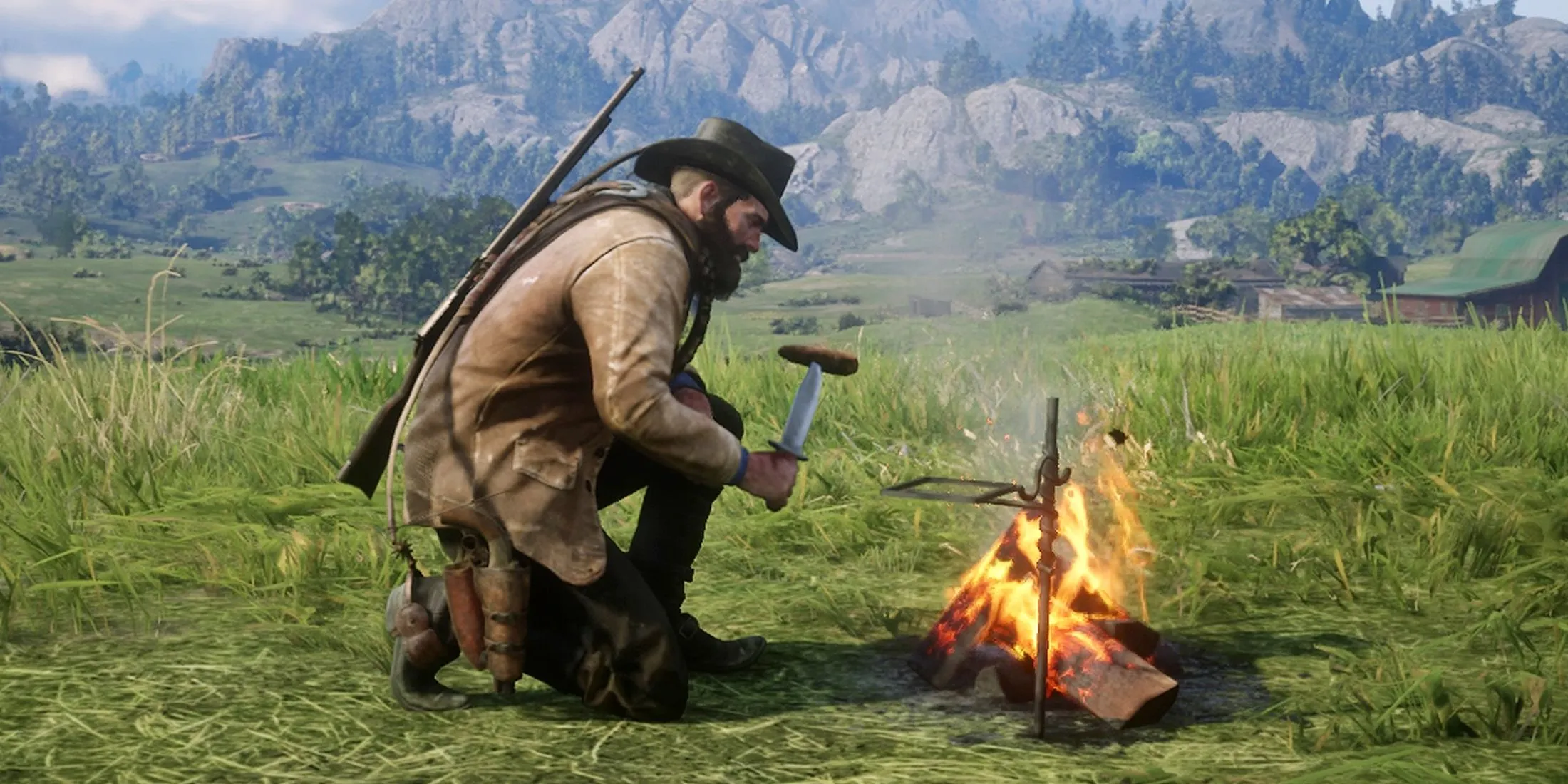
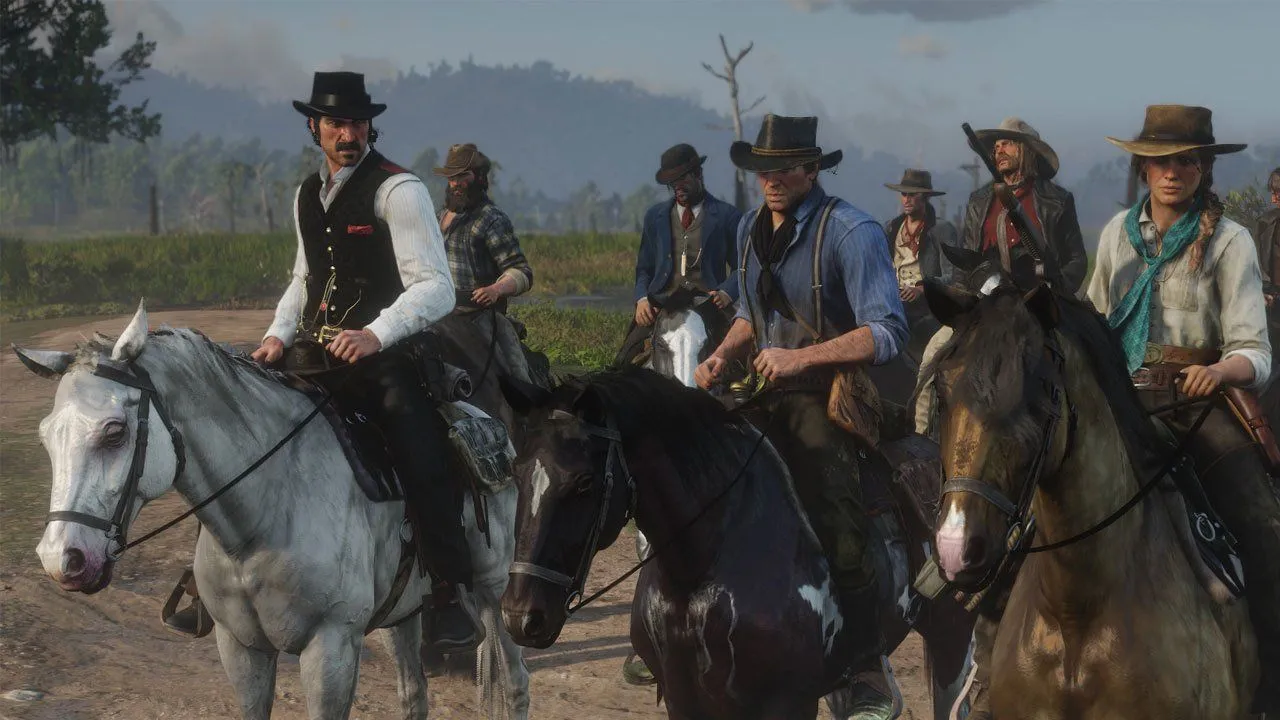
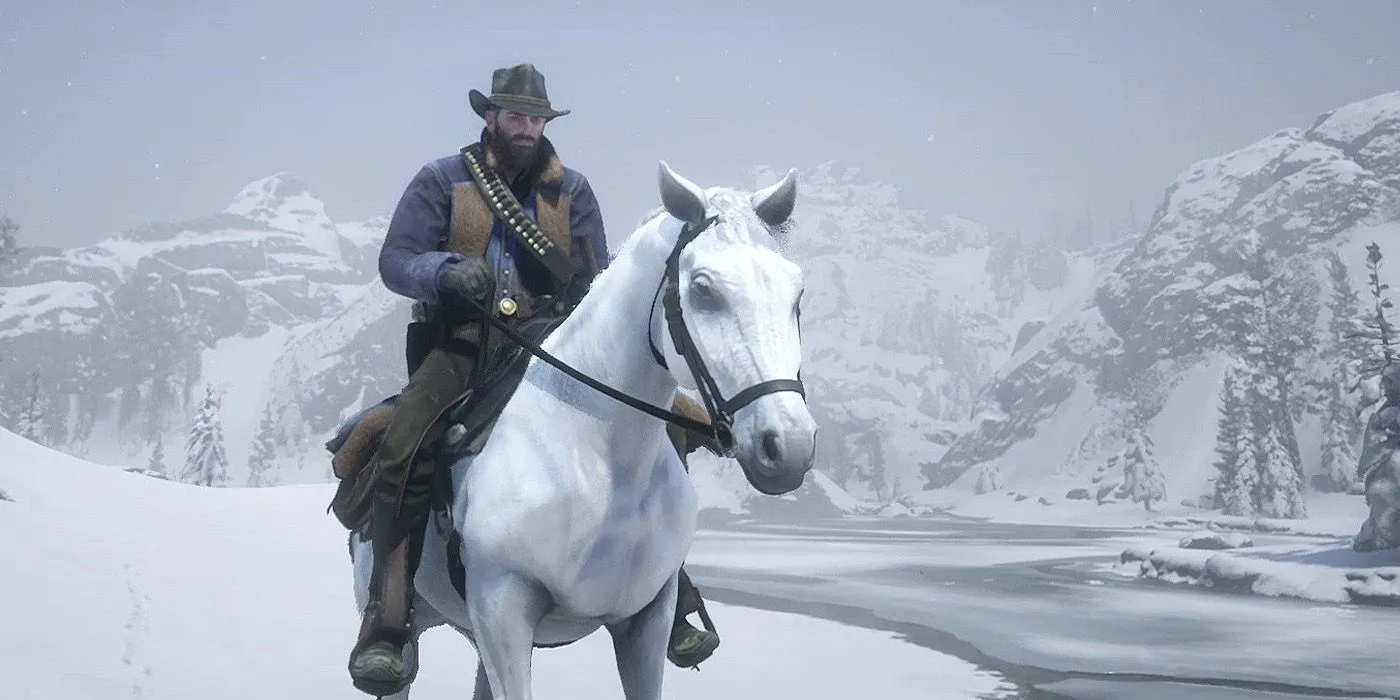
Red Dead Redemption 2 masterfully encapsulates the essence of the Old West by distilling every prevalent trope into a single gaming experience. Players can engage in classic Western narratives like train robberies, tense poker games, intense hunts, and pursuit of notorious bounties—all within the expansive world of RDR2. Moreover, the gameplay mechanics creatively embody traditional Western action, allowing players to engage in dynamic shootouts that reflect the sharpshooting skills typical of the genre.
One notable gameplay feature, the Dead Eye system, allows players to pause time during shootouts, aiming at opponents before unleashing a barrage of bullets. This integration of gameplay mechanics with genre conventions exemplifies how RDR2 achieves its status as a quintessential Western and a thrilling gaming experience.
In addition to capturing the excitement of the frontier, Red Dead Redemption 2 doesn’t shy away from the darker truths of life in the Old West. The complexity of characters, notably Arthur Morgan and his gang, showcases the moral ambiguity prevalent in the narrative. Players are often faced with nuanced choices that challenge them to navigate the intricate dynamics of good and evil, while Rockstar Games also skillfully critiques morally corrupt institutions, like the KKK.
Upon its launch, Red Dead Redemption 2 received universal acclaim, achieving an impressive Metacritic score of 97 out of 100. This overwhelming positive reception has ensured a robust player base, with Steam Charts reporting consistent monthly engagement from approximately 40,000 to 70,000 players over the last year.
Limited Competition Despite RDR2’s Success
A Landscape Unconquered
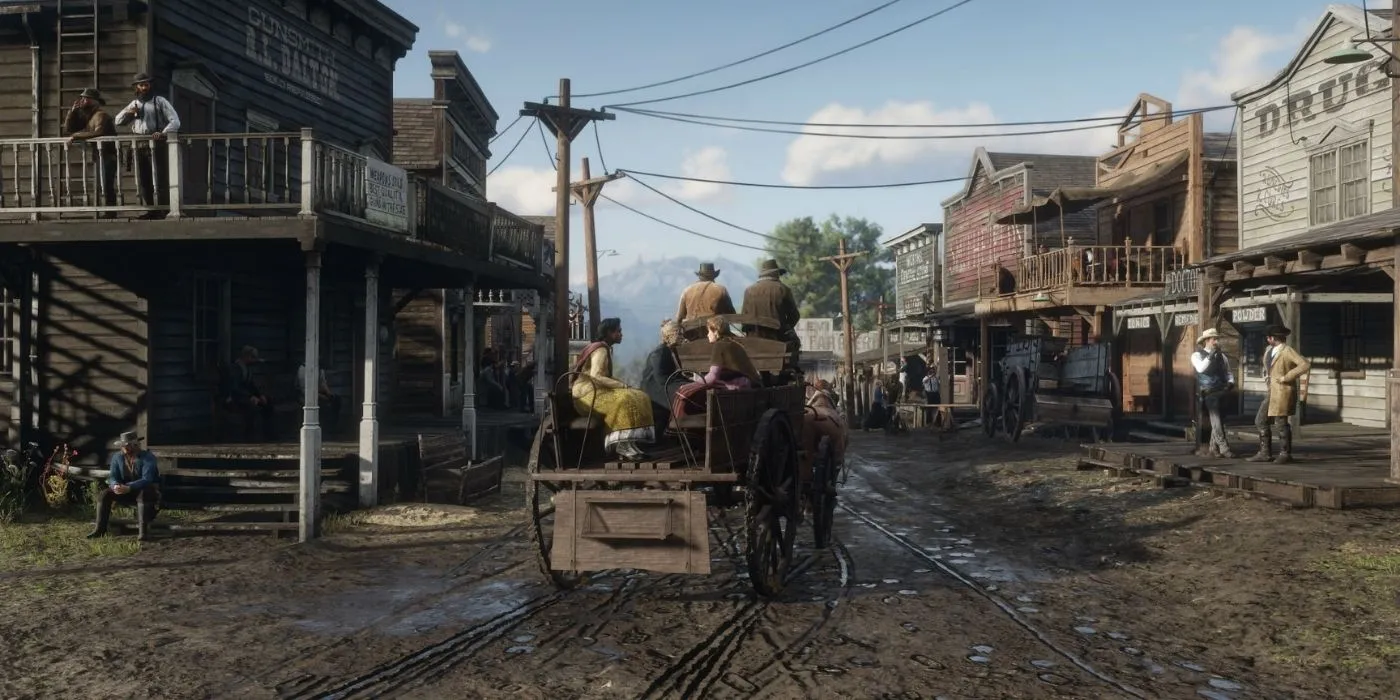
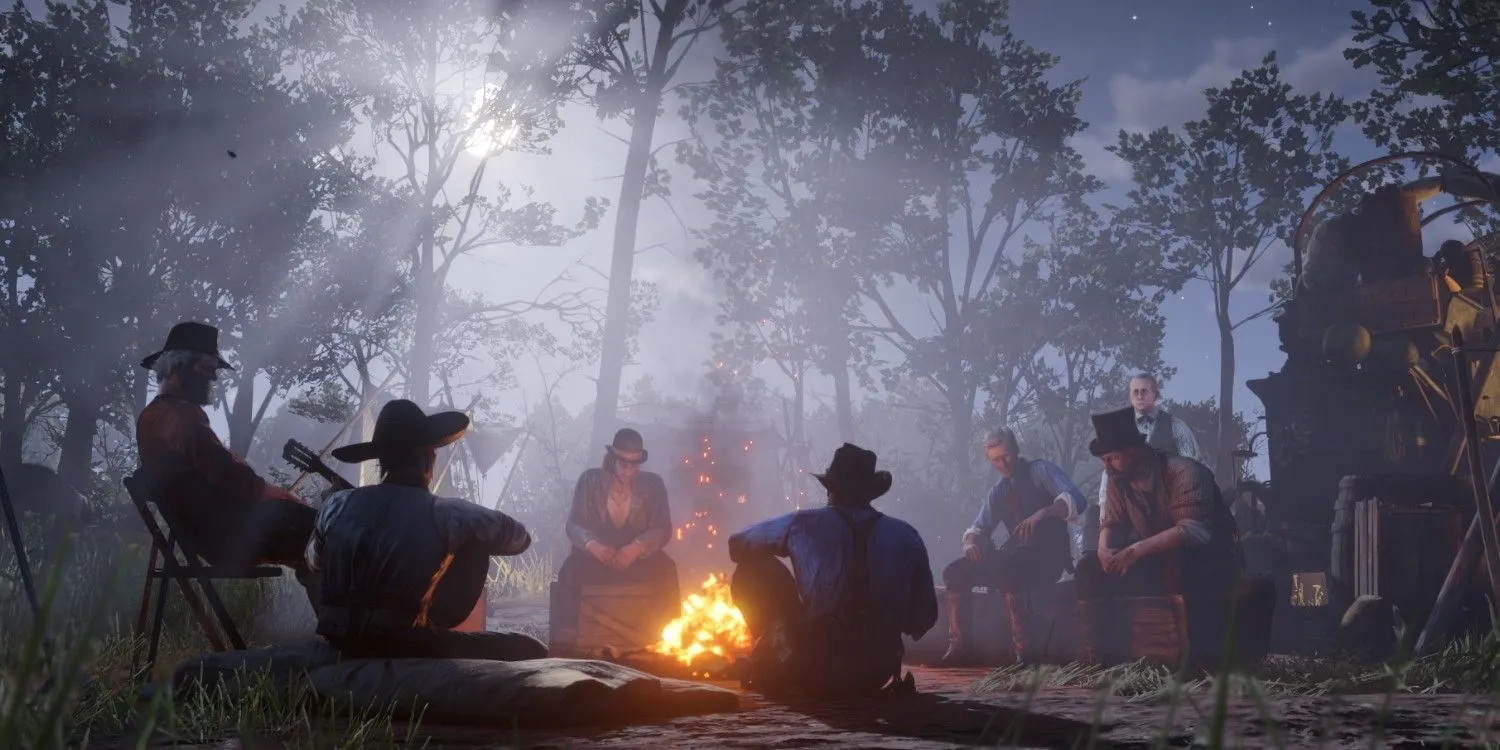
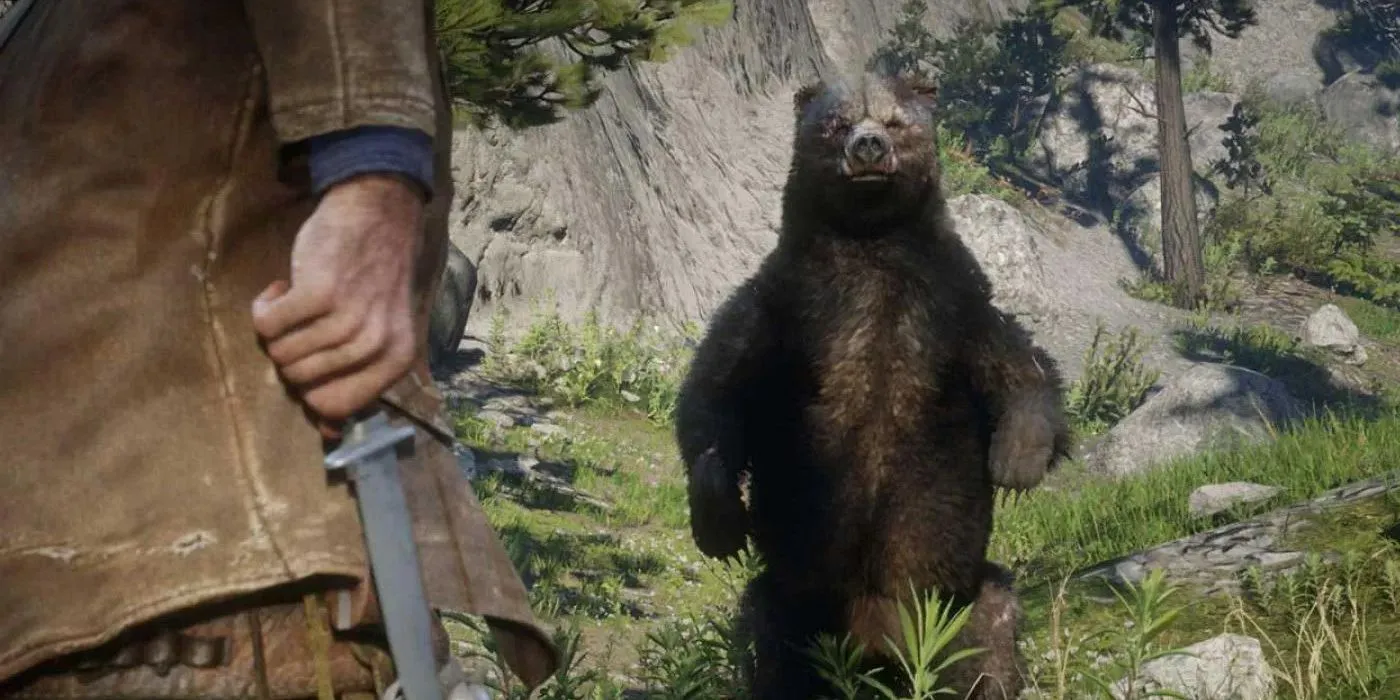
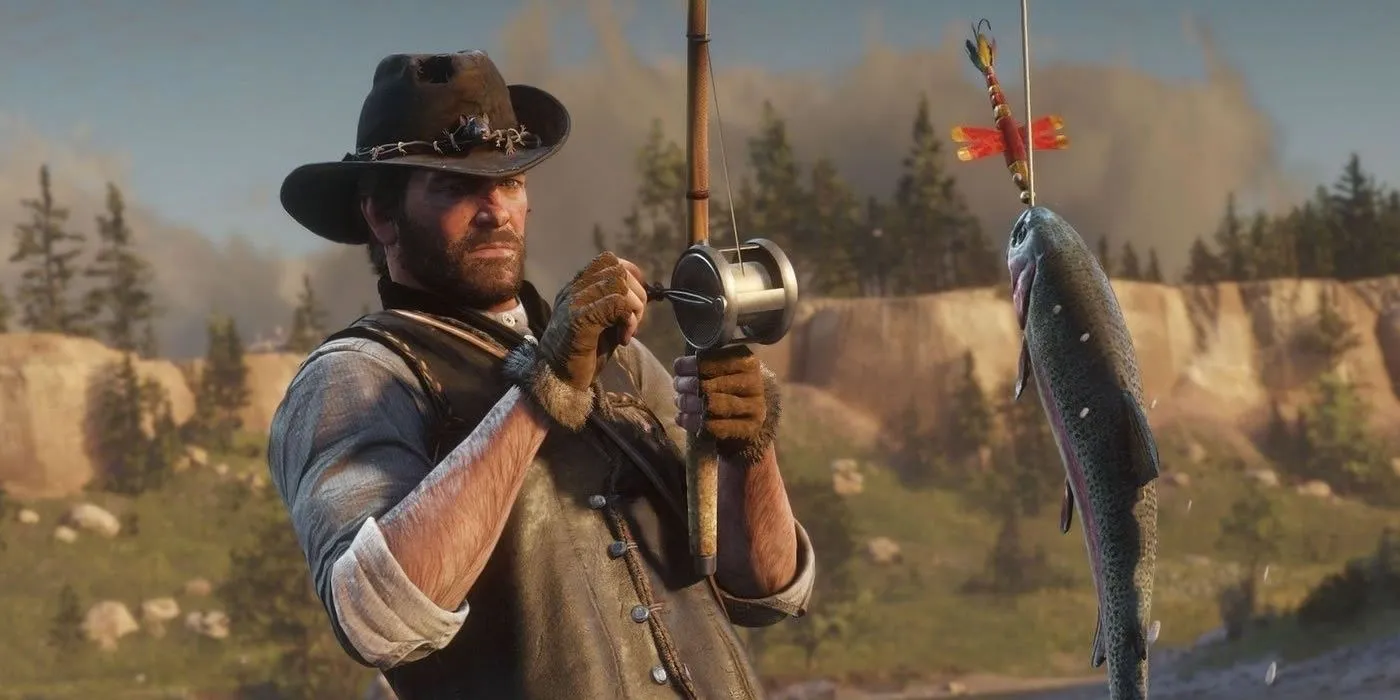
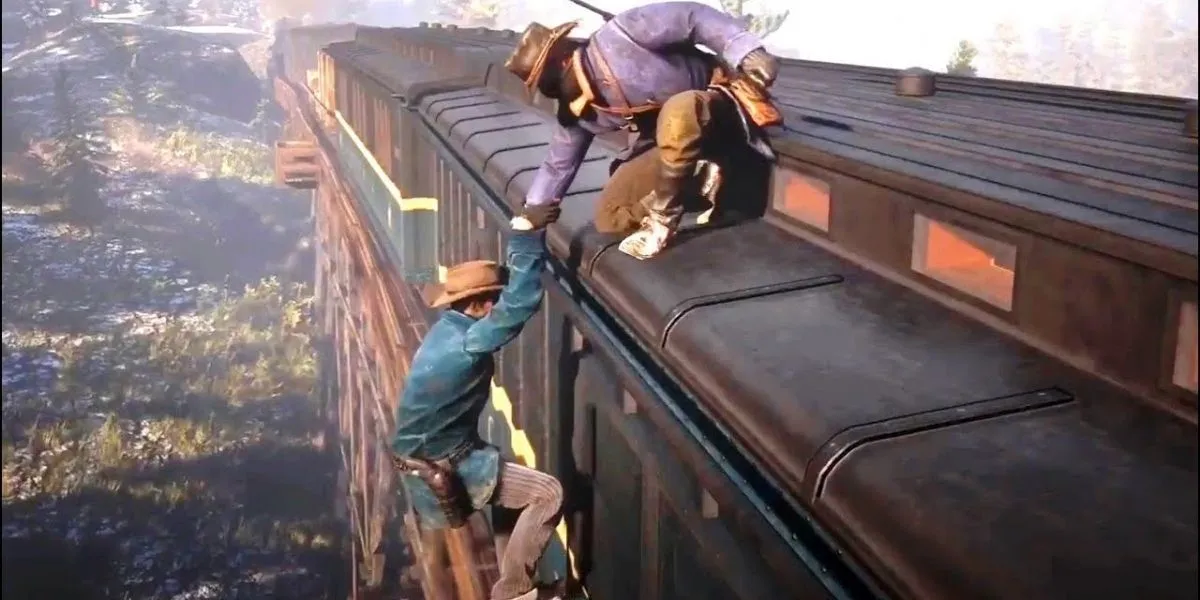
It is perplexing that the success of Red Dead Redemption 2 has not spurred other developers to create similar games set in the Old West. This environment offers a rich tableau for storytelling, filled with opportunities for thrilling narratives involving outlaws, daring thefts, and high-speed chases. Yet, aside from sequels or expansions of existing franchises, few major titles have emerged to challenge RDR2’s dominance within the genre.
The shadow of RDR2 may loom large, intimidating potential developers from venturing into the Western space. Existing titles, such as Desperados 3, take a different approach by building on previous games rather than attempting to create something new in the genre. It is likely that developers hesitate to produce a game that could be viewed as a lesser-than replica of RDR2’s success.
While the Red Dead Redemption franchise previously experimented with unique concepts like Undead Nightmare—incorporating a zombie apocalypse theme—this inventive direction has not been replicated in recent titles.
Some games flirt with the Western aesthetic, albeit with a supernatural twist. For instance, titles like Hunt: Showdown 1896 dive into the realm of late 19th-century bounty hunters while incorporating fantastical elements such as large monsters. Similarly, Dead By Daylight introduced a cowboy-inspired killer named The Deathslinger, channeling horror tropes alongside the Western spirit.
Prospects for RDR3 Amidst a Quiet Genre
The Likelihood of an Unannounced Sequel
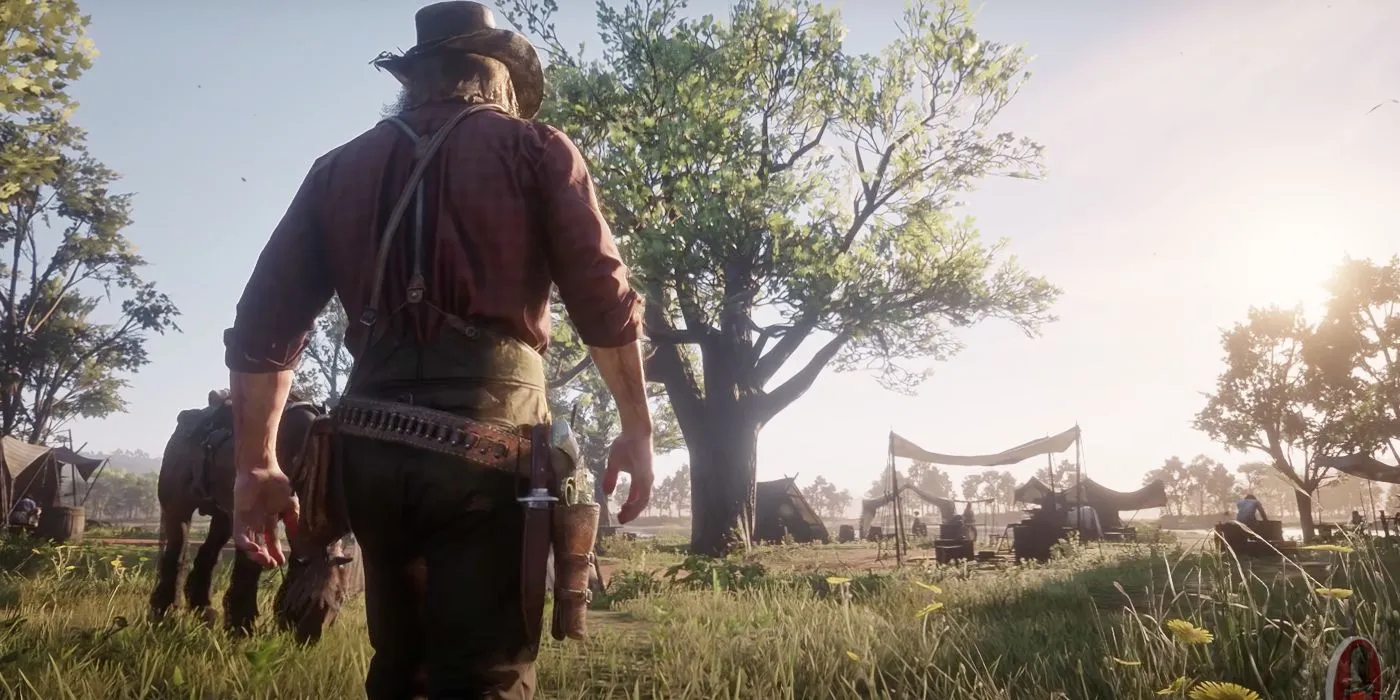
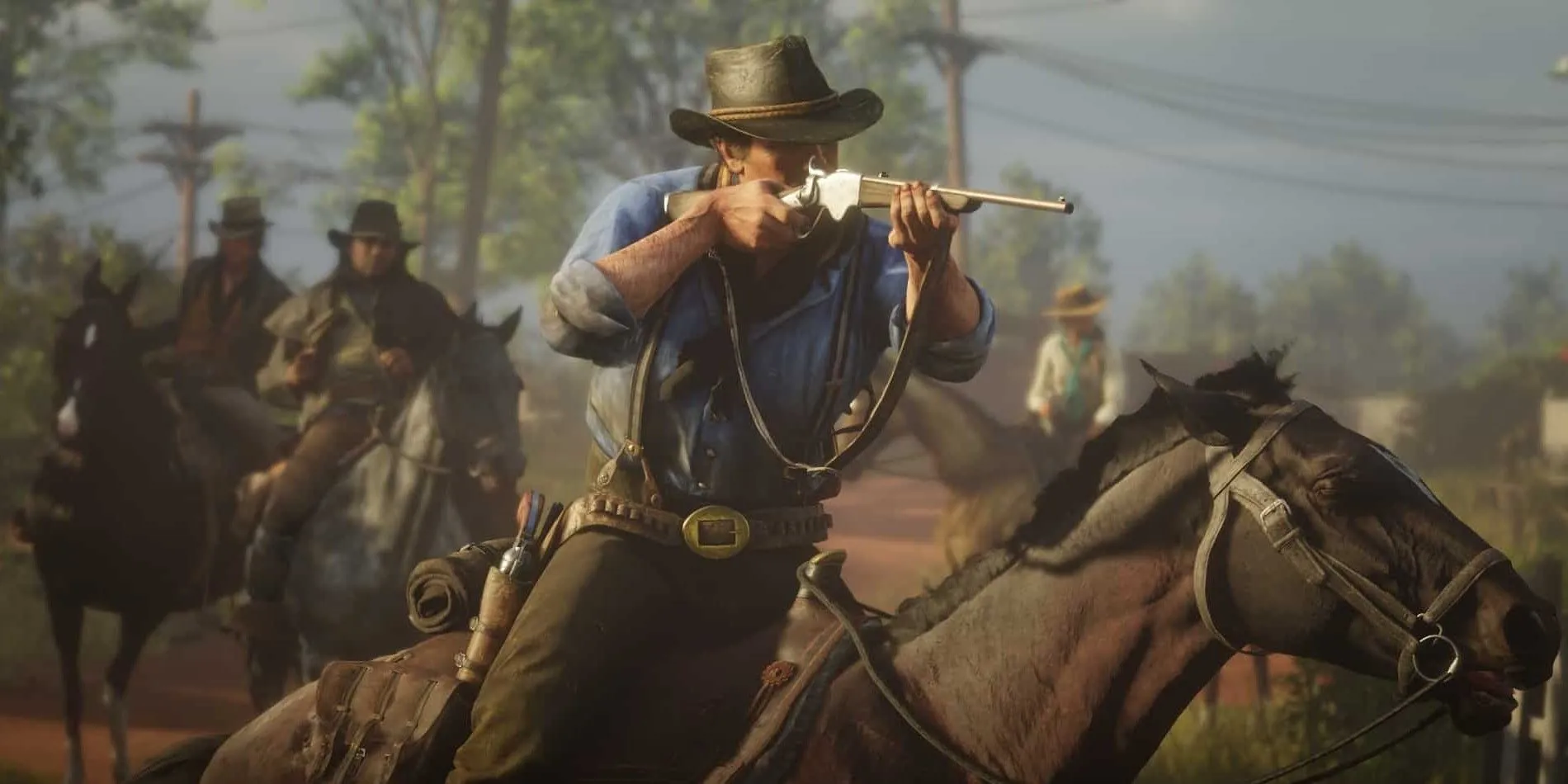
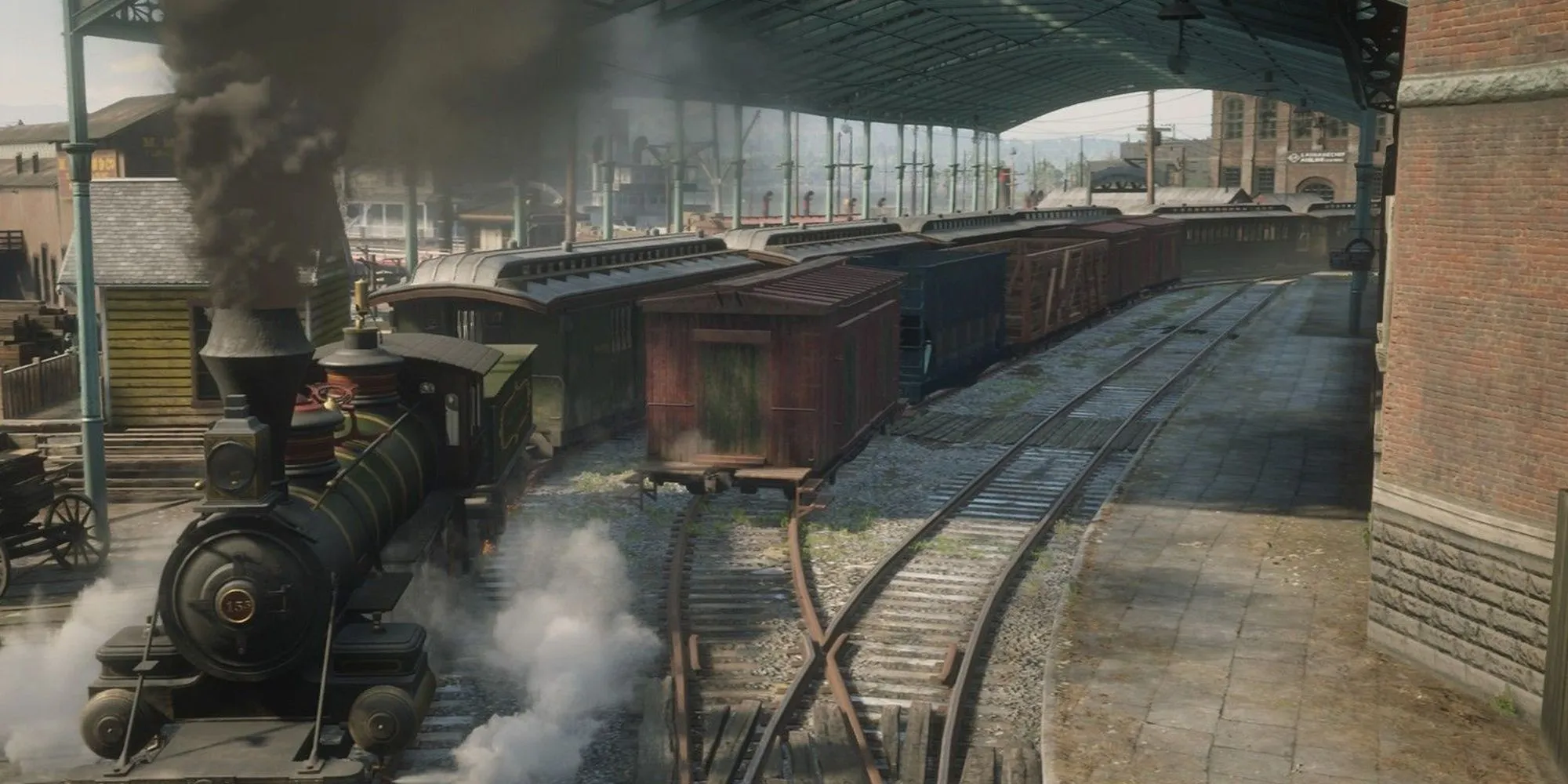
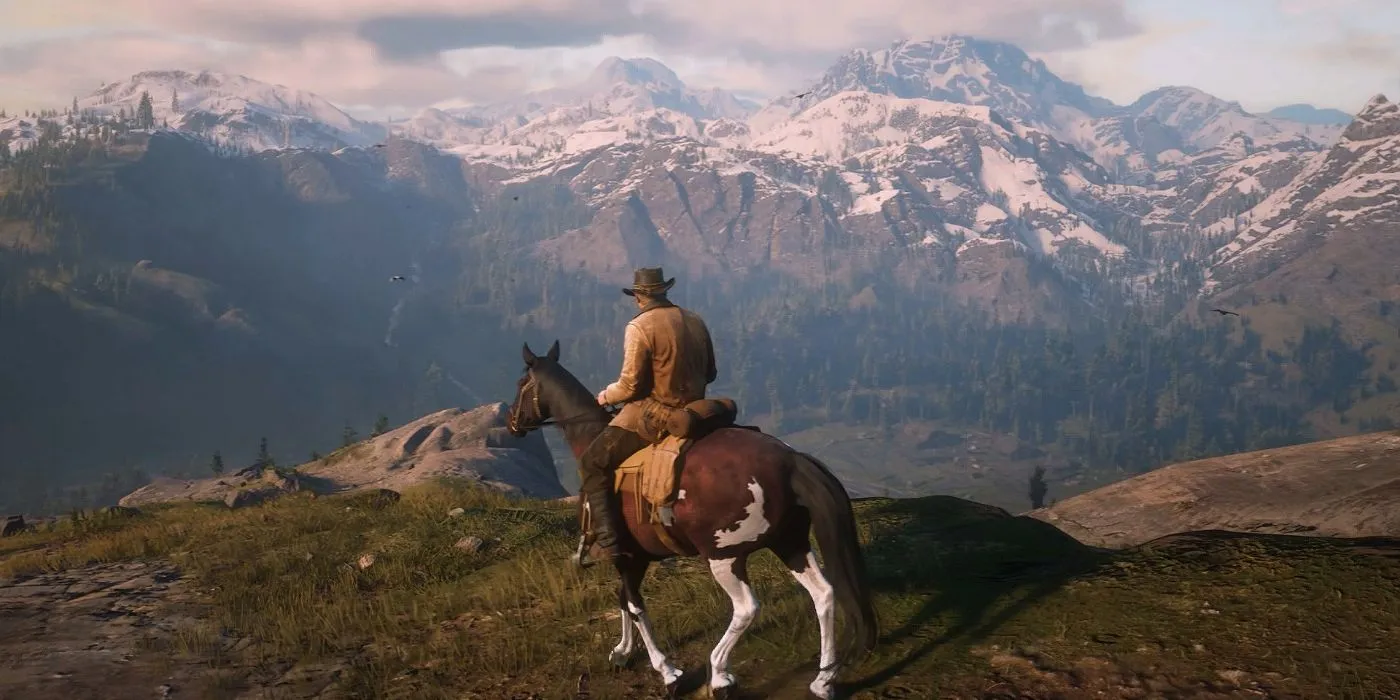
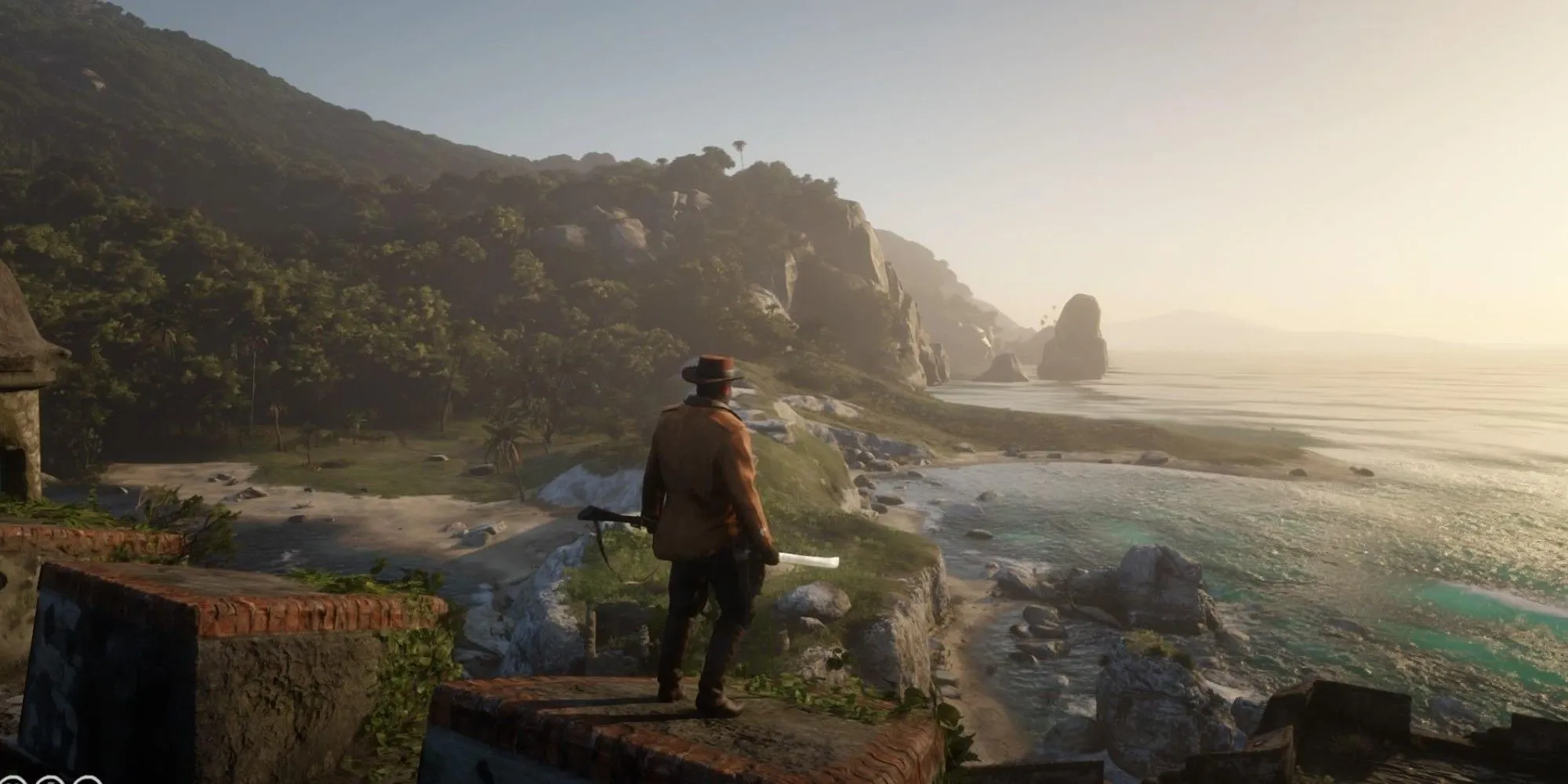
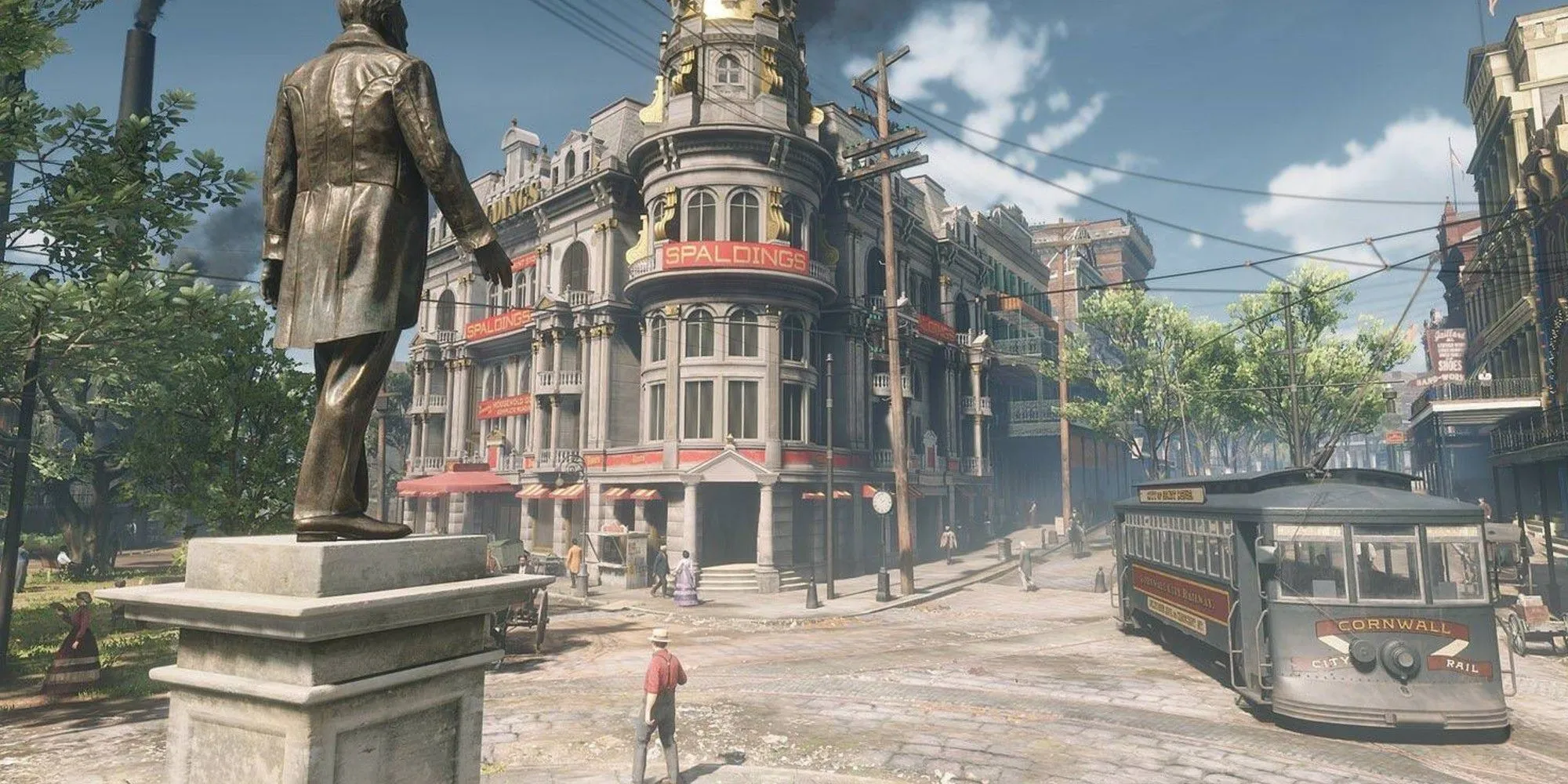
Should the current trend of scarce competition hold, it appears that Red Dead Redemption 3 is poised to launch with little to no rivals in the Western genre. Given the massive success and profitability of both Red Dead Redemption and its sequel, a third installment seems inevitable, even if not officially announced yet. Following the turmoil involving hacks and leaks around the much-anticipated Grand Theft Auto 6, Rockstar is likely remaining discreet about its future project timelines.
When Red Dead Redemption 3 ultimately releases, it’s reasonable to expect that it will face minimal contention from other offerings in the gaming landscape. As fantasy RPGs, including titles like Elden Ring, Final Fantasy 7 Rebirth, and Black Myth: Wukong, continue to captivate audiences and sweep award ceremonies, the trend away from Western settings may persist for the time being.
Sources: Metacritic, Steam Charts




Leave a Reply